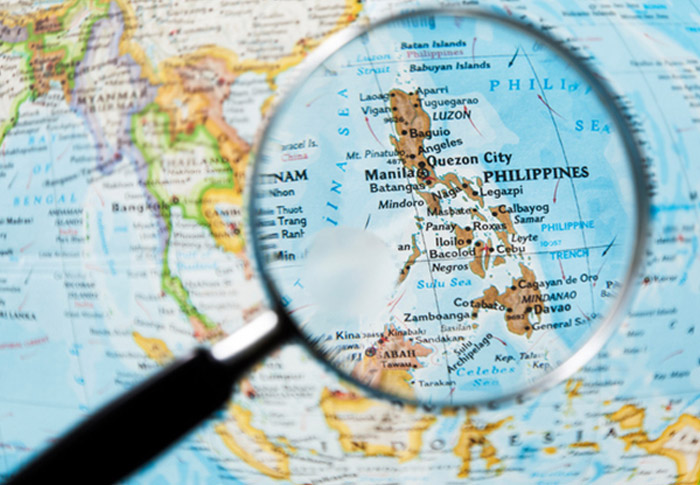For customers outside of Japan

Mar. 31, 2017
Clinical trial regulations in the Philippines are now of the utmost importance. The number of clinical trials conducted has increased substantially over the years. In 2009 alone, the Philippines saw a 30.9% increase in clinical trials conducted. Among the Association of Southeast Asian Nations (ASEAN), the Philippines now ranks third in overall clinical trial volume and 8th in annual growth, year on year, according to GlobalData.
In 2006, the government issued the National Ethical Guidelines for Health Research to reinforce clinical trial regulations in the Philippines and make sure the regulatory phases of trials are followed. Their guidelines state seven criteria for ethical clearance of a research protocol:
All clinical trials from Phase I, Phase II, Phase III all the way through Phase IV must be approved by the Republic of Philippines Department of Health’s Food and Drug Administration (FDA).
The application for protocol approval is on a per-phase, per-product basis. Applicants must disclose all information concerning the product they are testing. The condition intended to be addressed, the subjects, the study endpoints, and highly detailed information about the clinical trial sites must all be passed over for evaluation.
The procedure laid out by FDA regulations are as follows:
All in all, receiving the FDA's final decision is a three-to five-month process. The initial submission fee is PHP 2500 (approximately US$50). Another PHP 20,000 to 40,000 (US$400 to US$800) is charged for IRB/ERB processing fees.
When Serious Adverse Events (SAE) or Suspected Unexpected Serious Adverse Reactions (SUSAR) occur, they must be reported to the Filipino FDA. Though the Filipino government does not set any official timelines for reporting, global reporting timelines set by the United States Food and Drug Administration are commonly used. Therefore, any, life-threatening SAEs or deaths must be reported to the Philippine FDA within seven days, and all other SAEs are to be reported within 15 days of the event.
There is plenty of room for the growth of clinical trial regulations in the Philippines, especially a stronger regulatory environment. Clinical trial regulation guidelines will need to be more well defined and stricter. Despite the use of policies developed for the US market, there are currently no formal processes for the review and approval of clinical trials.
Nor are there formal processes for the reporting of SAE or SUSAR events. Because of a lack of enforced regulations, some investigational sites remain unsuitable for high-quality clinical trials, but are left unchecked. As the number of clinical trials increases, the regulation of clinical trials will need to be addressed in order to mitigate the risks involved.


Share this page